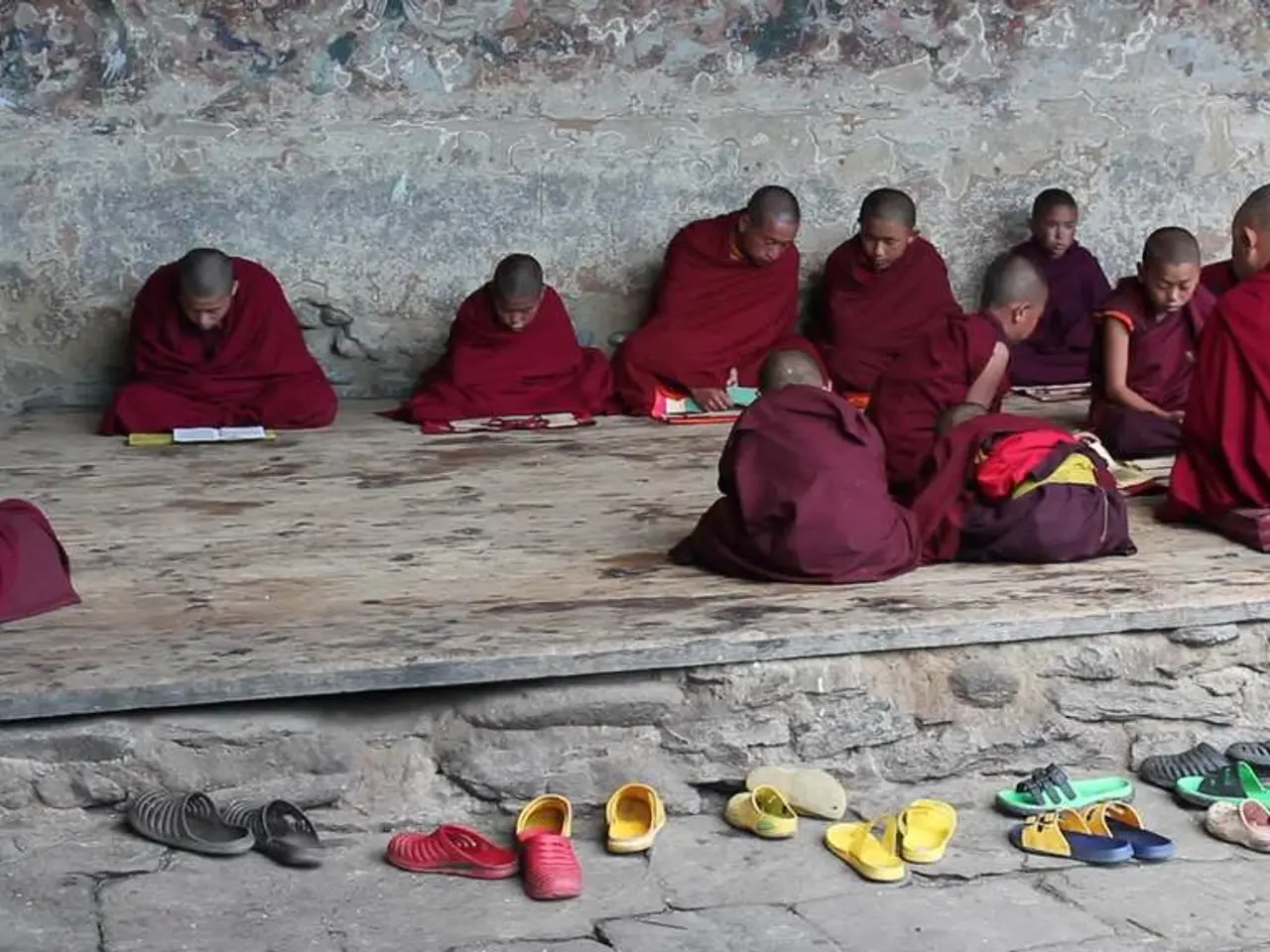India's Deoband Seminary: A Tool for Global Islamic Engagement
India's success in promoting Buddhism on the global stage offers valuable insights for engaging with Islam, with both traditions rich in ethical teachings that can enhance India's diplomatic narrative. A key player in this engagement is the Darul Uloom Deoband, an influential Islamic seminary with a significant impact on countries like Pakistan, Bangladesh, and Afghanistan.
Established in 1866, Darul Uloom Deoband is South Asia's premier seminary, renowned for its rigorous Hanafi jurisprudence and commitment to moral reform. Its influence extends far beyond India's borders. Countries such as Pakistan and Bangladesh have established madrasas based on Deoband's teachings, with notable examples like the Hathazari Madrasa in Bangladesh still thriving today. Even Afghanistan's clerical identity and Pakistan's most powerful seminaries trace their lineage back to Deoband.
The Darul Uloom Deoband, with its global influence and commitment to Islamic scholarship, presents India with a significant opportunity to enhance its soft power and engage with the Islamic world. By investing in Deoband and promoting a balanced Islamic voice, India can project its values and engage with key players like Afghanistan, all while upholding the dignity of its Muslim citizens at home.





